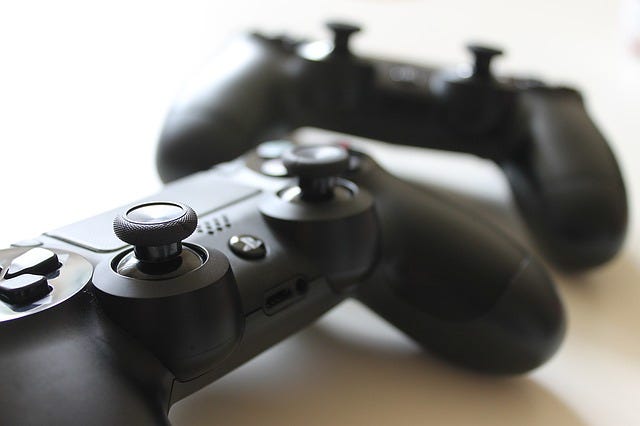Oxford study claims there isn't "sufficient evidence" for gaming disorder
New research from academics argues that this year's gaming disorder classification lacks context.
Worried there might be something wrong with you after a six-hour gaming binge? A new study claims that there's nothing clinically wrong with obsessive gamers - but you might want to take stock of your situation.
Data gathered by the Oxford Internet Institute suggests that, rather than being the cause of problems, addictive gaming tendencies are rooted in deeper issues. This comes in response to the World Health Organisation's decision to list "gaming disorder" as a recognised disease earlier this year, suggesting that gaming itself can cause addiction and other problems.
Study co-author and director of research Professor Andrew Przybylski claims that previous research has "failed to examine the wider context of what is going on in these young peoples’ lives."
Rather than simply tutting at the amount of time spent gaming, this study wants to understand the causes of lengthy gaming binges. By gathering and comparing data from over 1000 teens and their caregivers, the study found that prolonged gaming doesn't cause "emotional, peer, or behavioural" issues. Instead, obsessive gaming tendencies are more likely a symptom of wider frustrations outside of games.
"Variations in gaming experience are much more likely to be linked to whether adolescents’ basic psychological needs for competence, autonomy, and social belonging are being met and if they are already experiencing wider functioning issues.
Previous research from the Institute has called the basis for gaming disorder "weak". This new study only further challenges the WHO's ruling, which has already led to the creation of a gaming addiction clinic in England.
Fellow co-author Dr Netta Weinstein urged healthcare professionals to look closer at the root causes to "understand why a minority of players feel like they must engage in gaming in an obsessive way.”
Przybylski agreed and called on the industry to help shed more light on the situation. These conversations are only going to continue, and the more information we have the better.
“Our research provides no compelling evidence that games, on their own, are to blame for problems facing players. We need better data and the cooperation of video gaming companies if we are to get to the bottom of all this.”




.png?width=291&height=164&fit=crop&quality=80&format=jpg&auto=webp)




